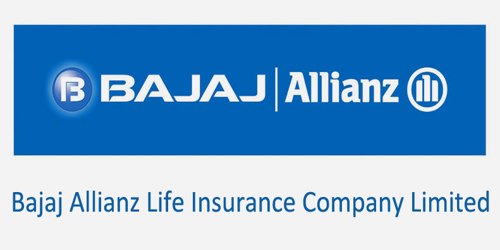Demo days are becoming increasingly rare at startup accelerators. Founders’ parties, which are often flamboyant and designated for connecting with investors, have long been a component of Y Combinator’s program, which is considered as the “graduation” of a startup’s journey. Demo day, on the other hand, is a waste of time for both entrepreneurs and investors.
Many of the VCs who make deals with YC’s best startups do so before demo day. The hubbub around the event means that investors are so anxious to lock down an early-bird transaction that they skip ahead of the line, obviating the necessity for the event altogether. The demo day is an outmoded convention in an investing landscape that has altered dramatically in recent years. With capital inflows on the rise, creators are becoming choosier about the investors they bring on board — they’re not seeking for large funds or a quick closing; instead, they want mentorship, emotional support, and the investors’ undivided attention.
What we need to do is figure out why demo days fail and how to find opportunities on a much more personal level. Simply eliminating demo days will not assist founders in identifying, let alone offering, that value. A direct substitute (such as a differently formatted event) will also be ineffective. What we need to do is figure out why demo days fail and how to find opportunities on a much more personal level.
Investor engagement is diluted by demo day. Demo days are all about putting on a show. For around 30 minutes, an entrepreneur stands on stage and pitches themselves and their companies in the best light possible. However, having the best pitch or the most charismatic founder isn’t the same as having a viable business plan or a well-run company. According to an opinion piece on TheNextWeb, VC funds are “exactly like Ponzi schemes” because investors are too often thinking, “Will this person make me money?”
Investors are further forced to care more about firms’ growth potential and subsequent funding phases than their actual objective in a demo day setting that is run on hype. Investment becomes gambling due to the emphasis on spectacle and the concept of betting on people.
















